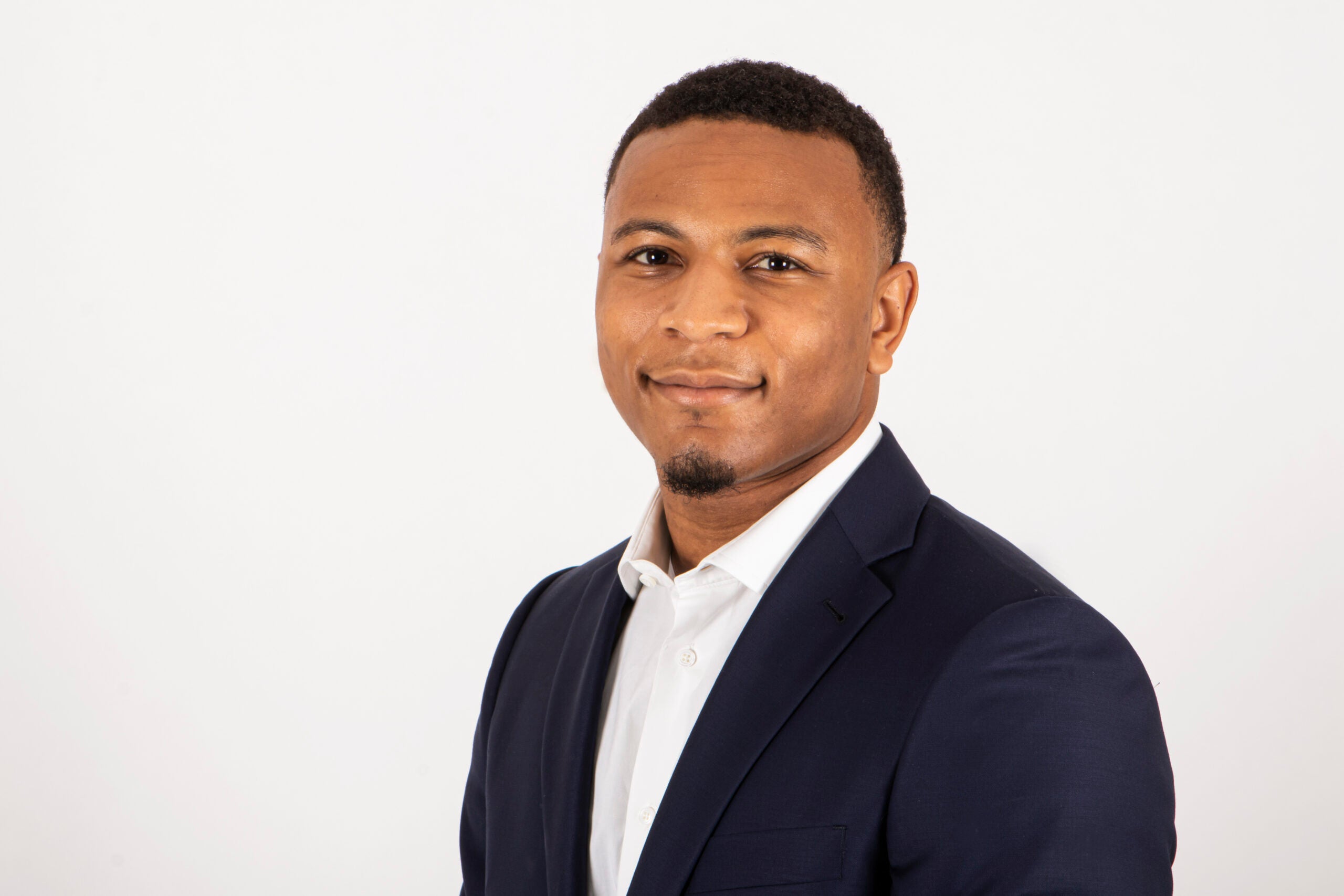
“I wish I could just put my money on LeBron.”
An idea sparked for Deven Hurt ’23 when he heard his best friend utter those words after suffering a loss in the stock market. Investing in an NBA superstar like LeBron James wasn’t an actual possibility but Hurt couldn’t help, but envision a world in which such a transaction could be realized.
“‘That’s it, that’s the thing we have to build’,” he remembers saying of PredictionStrike, the company that he co-founded with that same friend. “That’s where the project started. At first it was just kind of a closed beta with our friends. And then eventually, we were like, this is great and it needs to get to that next level. Let’s build something real. So, that’s what we did, and it’s been a lot of fun.” To date, the company has raised more than a million dollars from institutional investors.
A fusion of fantasy sports and the stock market, PredictionStrike users buy and sell shares of NBA or NFL players with real money and try to cultivate the strongest possible portfolio of players to maximize their earnings.

Utilizing a third-party ranking tool to determine player forecasts on a game-by-game basis, market values for each player rise and fall based on their actual on-court or field performance in relation to their projections. As with the real stock market, values can swing wildly, not only as players boom or bust, but also with injuries or with any external force that precipitates a marked increase in trading.
For example if LeBron is $10 per share, he is projected 50 fantasy points, but he only scores 25 fantasy points, his share price would go to $8.75. After that, if he were projected 40 fantasy points, but scored say 80 fantasy points, his share price would go to $10.94.
The fusion of stocks and sports might seem out of left field to many, but it’s a match made in heaven for someone like Hurt, who graduated from Harvard College with a degree in biomedical engineering and applied to Harvard Law School through the Junior Deferral Program. Prior to coming to HLS, he had already amassed a wealth of knowledge in cybersecurity as well as the professional sports industry with stints at Nike, the NBA, Microsoft and Google.
He put that expertise into his passion project, bringing to life this new spin on fantasy sports. He has continued to grow his company since its inception in 2018, juggling his duties as CEO this past year with a full slate of first year J.D. classes.
“In terms of the experience while being a student, it is challenging,” he said. “It calls for aggressive and ruthless time management, which has definitely had to become a real skill. But it’s fun. It’s a very interesting creative outlet. There’s probably nothing else I’d rather be doing.”
Hurt not only built the application, but he also worked with his co-founder to fundraise for their venture and to spread the word and carve out a space for his product in a competitive fantasy sports industry. He believes that his platform can disrupt the market with a decidedly different spin on the traditional model.
The GameStop boom of this past year exposed how many young traders were drawn to the gamification of the stock market. PredictionStrike plays on those same principles but offers participants a medium they might be more familiar with. Assessing the value of LeBron James versus a raw young up-and-coming sleeper empowers sport fanatics to tap into their instincts and structure their holdings accordingly.
For Hurt, he hopes the “to the moon” mentality many traders assign to stocks on Wall Street will be the model his company comes to exemplify as well.
“What PredictionStrike will be to sports is what the stock market is to business. That’s how universally large it’s going to be,” he said. “When you see Tom Brady gets traded to Tampa Bay, your first thought is: ‘Okay, so what does that do to Tom Brady’s share price?’ That’s what we’re building towards. That’s number one, and my future is to make that happen. My focus and my priority right now is definitely just building this into the biggest company it can be.”
